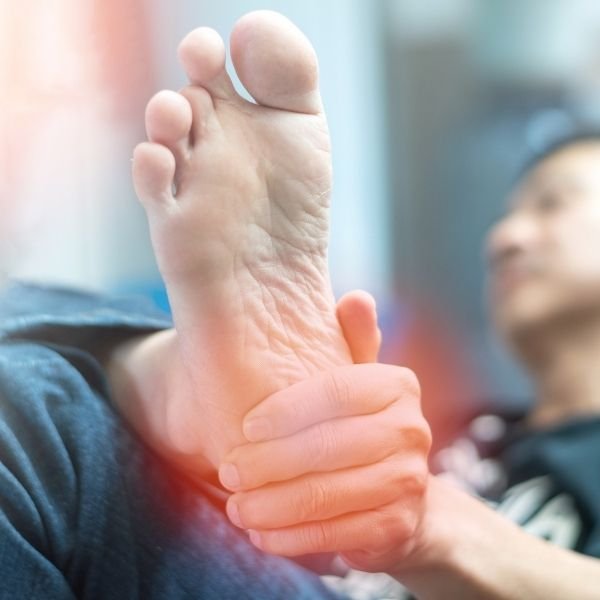Heel Pain Services
Our experts provide comprehensive diagnosis and treatment for heel pain, ensuring effective relief and restoring comfort for optimal foot health.

At Skylake Medical Associates, take the first step towards expert care by scheduling your consultation with our experienced healthcare team, podiatrists, and foot and ankle doctors. Experience personalized attention and comprehensive healthcare tailored to your needs.